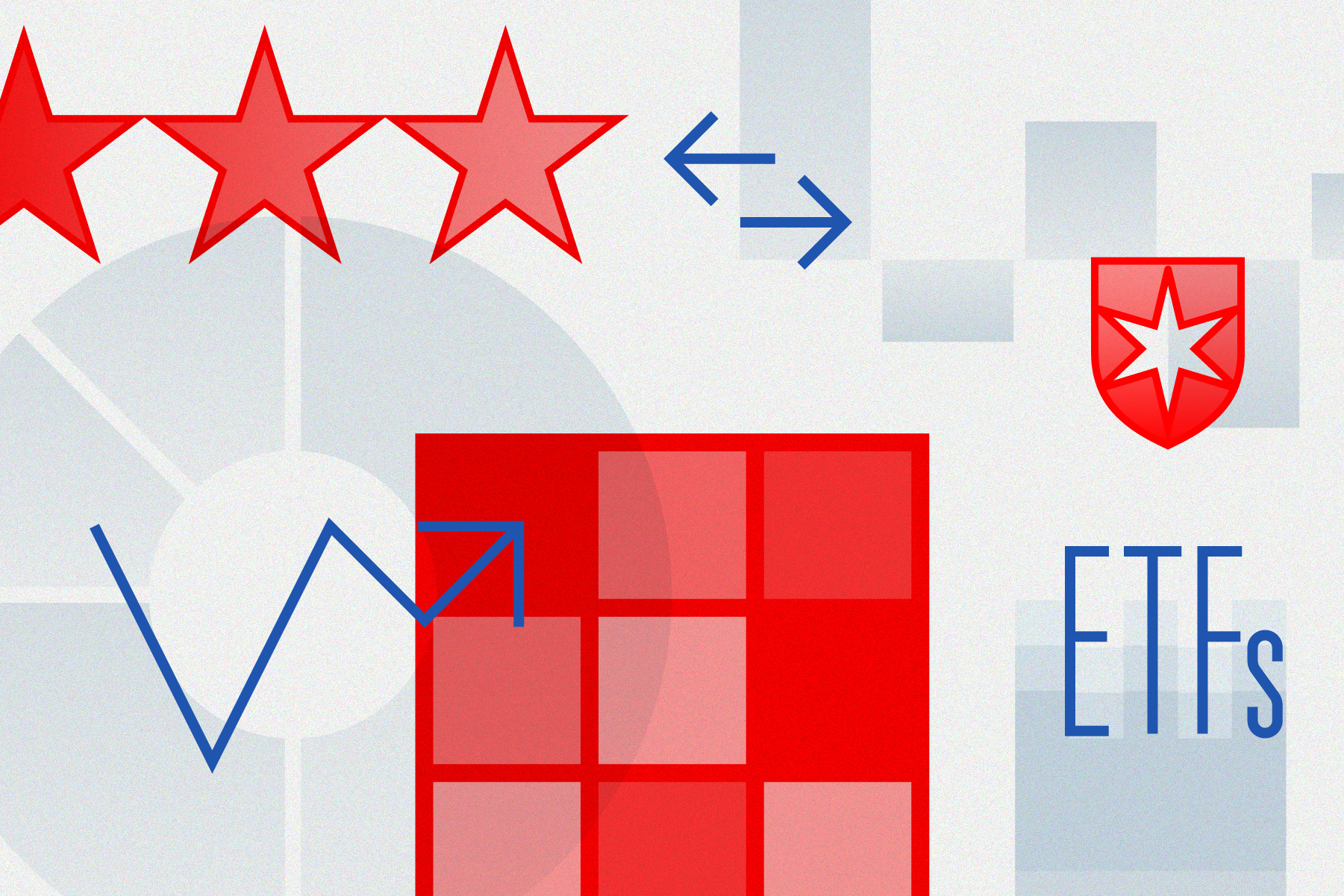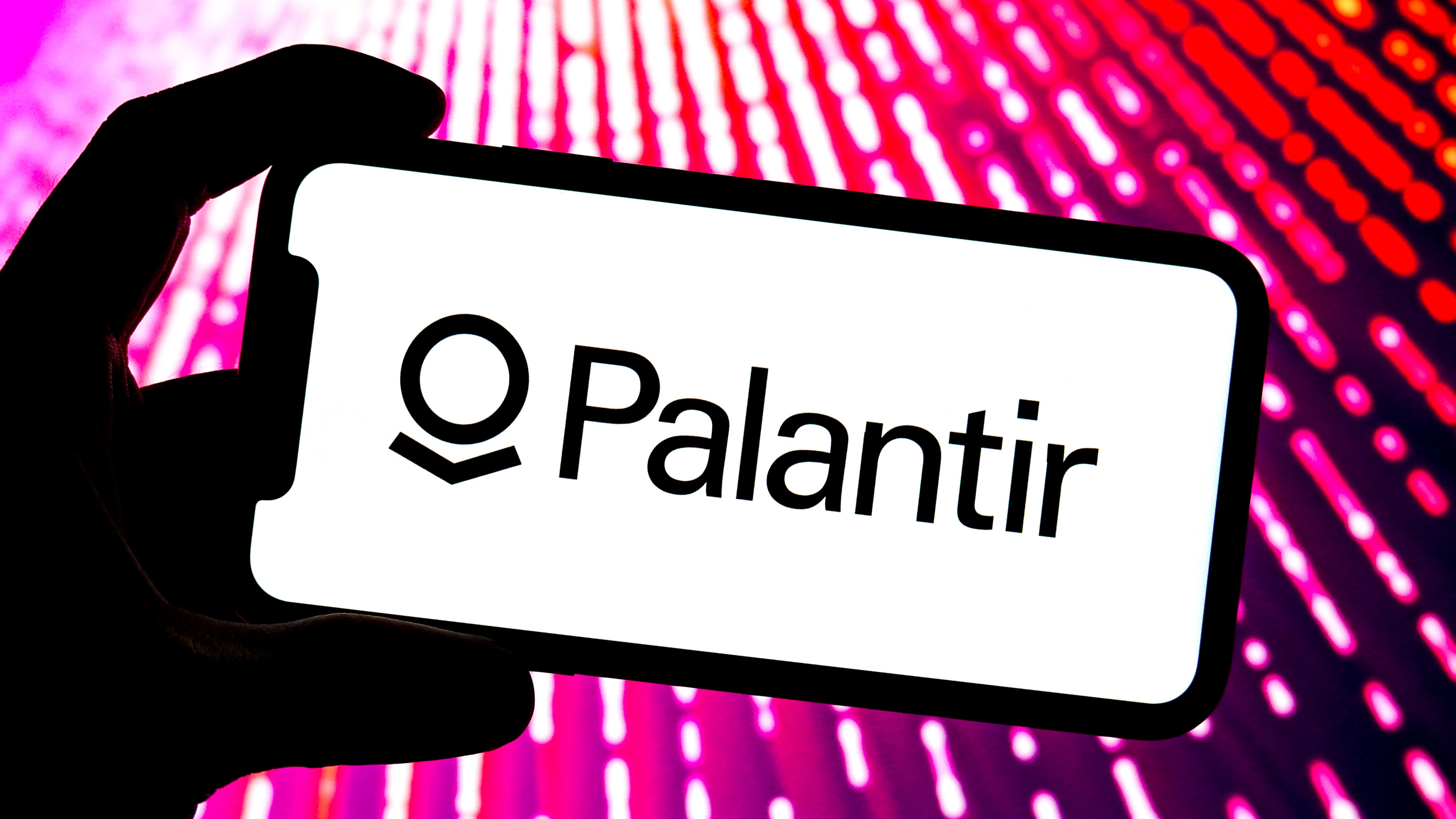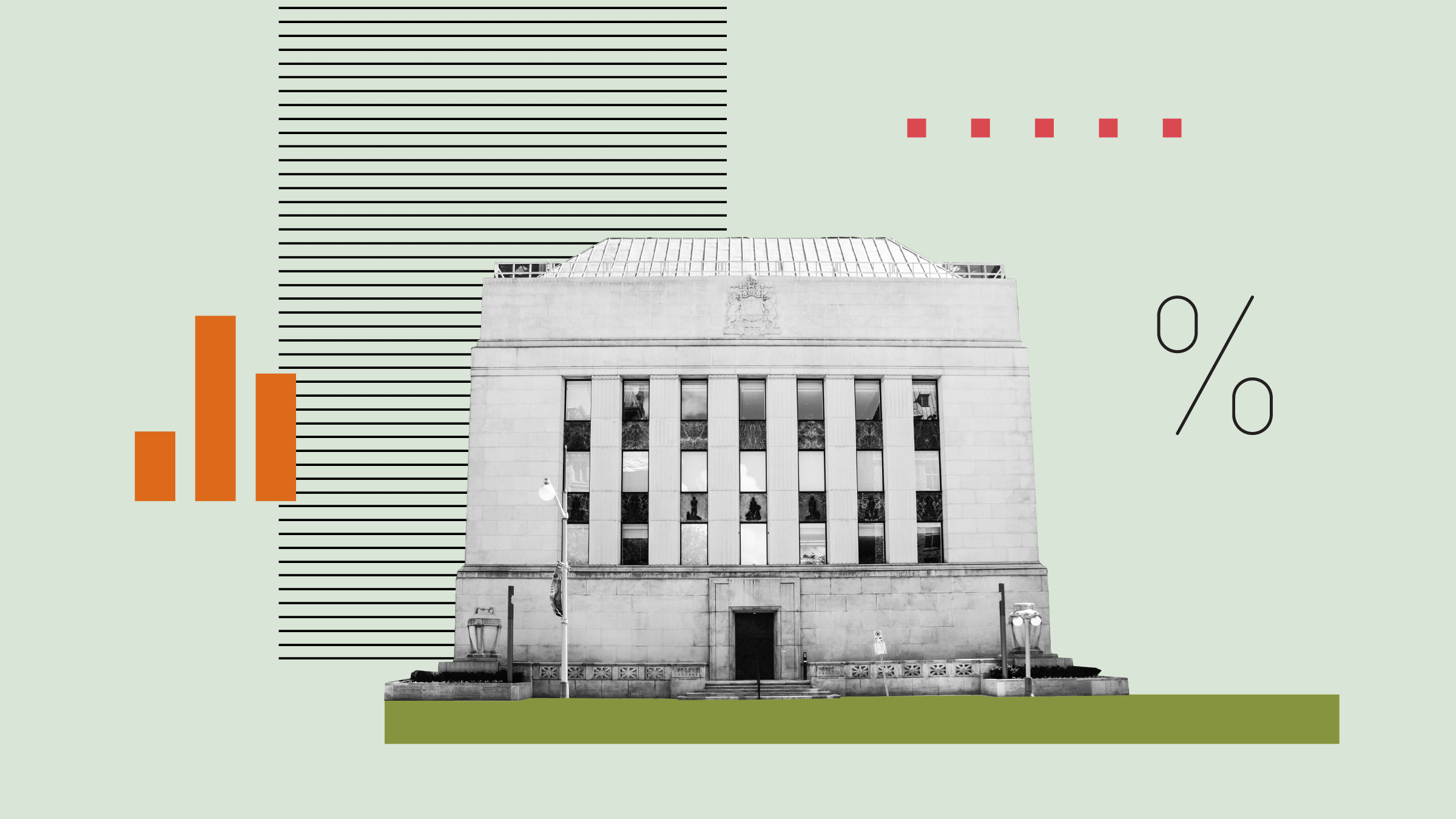:quality(80)/cloudfront-us-east-1.images.arcpublishing.com/morningstar/4QW6LMTIMVFVRIUHN7HDISE2HU.png)
Last week, Warren Buffett’s Berkshire Hathaway BRK.A BRK.B released its 13F for the fourth quarter of 2023. The U.S. SEC (Securities and Exchange Commission) requires all institutions with $100 million or more in assets to disclose their equity holdings quarterly in what’s called a 13F report.
Berkshire’s latest 13F report suggests that Buffett’s company did not buy many stocks last quarter, adding no new names and increasing its stake in only three companies. “That’s not surprising, given that stocks skyrocketed during the period: The Morningstar US Market Index was up about 12% during the fourth quarter,” wrote Morningstar’s investment specialist Susan Dziubinski.
What Did Buffett Buy? We Don’t Know (Yet).
However, Morningstar strategist Greggory Warren, who covers Berkshire, pointed out that these may not be the final list of stocks that the company bought. “The SEC occasionally permits confidential treatment for new stock purchases by large portfolio managers, exempting them required disclosure in quarterly 13F filings when ‘such action is necessary or appropriate in the public interest and for the protection of investors or to maintain fair and orderly markets.’ Berkshire received an exemption last quarter (much as it has at different times in the past), as well as for the third quarter of 2023, and now its biggest stock purchase during the third and fourth quarters remains a mystery to investors. Eventually, the company will disclose the stock (or stocks) that they have been buying.”
Warren Buffett’s Berkshire Owns These Two ETFs
Irrespective of what Berkshire buys or sells, at Morningstar, we often say that diversification is the only free lunch in investing. One of the cheapest ways to diversify is via an exchange-traded fund (ETF) and if you want to buy what Buffett has at Berkshire, he has two ETFs listed on the 13F –
SPY vs. VOO: Which ETF is better?
Which ETF is better? To answer that, we will look at some key Morningstar metrics. These include the Morningstar Medalist Rating, in which, as Morningstar’s Director of Passive Strategies Research Bryan Armour explains, we combine a fund's pillar rating with the alpha potential of the category to create a gross alpha figure and then subtract fees for net alpha. “We sort all the funds by active/passive and, of funds with net positive alpha, the top 15% get gold, next 35% get silver, remaining 50% get bronze,” he says. Other metrics include the backward-looking star ratings, and the People, Process and Parent pillars.
Key Morningstar Metrics for VOO – Vanguard S&P 500 ETF
- Morningstar Medalist Rating: Gold
- Morningstar Star Rating: 5-Stars
- Morningstar People Pillar: Above Average
- Morningstar Process Pillar: High
- Morningstar Parent Pillar: High
Key Morningstar Metrics for SPY – SPDR S&P 500 ETF Trust
- Morningstar Medalist Rating: Silver
- Morningstar Star Rating: 4-Stars
- Morningstar People Pillar: Above Average
- Morningstar Process Pillar: High
- Morningstar Parent Pillar: Above Average
Morningstar Medalist Rating Winner: Vanguard S&P 500 ETF
As explained here, the Morningstar Medalist Rating for funds is the summary expression of our forward-looking analysis of investment strategies, expressed on a five-tier scale running from Gold to Negative. The top three ratings of Gold, Silver, and Bronze all indicate that our analysts expect the rated investment vehicle to outperform on a risk-adjusted basis relative to its Morningstar Category index or category median over the long term.
Morningstar analyst Mo’ath Almahasneh covers both ETFs for Morningstar and recently notes: “The funds accurately represent the large-cap opportunity set while charging rock-bottom fees, a recipe for success over the long run. When few richly valued companies or sectors power most of the market gains, market-cap weighting may expose the strategy to stock- or sector-level concentration risk, as is the case at year-end 2023. As of November 2023, the top 10 holdings made up the largest portion of the index (31%) in several decades and the 30% allocation to technology stocks was the highest since the dot-com bubble. But this is not a fault in design: The S&P 500 simply reflects the market composition. In the long run, its broad diversification, low turnover, and low fee outweigh these risks,” he said.
However, Vanguard’s S&P 500 offering earns a top rating of Gold, while SPY earns the next best rating of Silver. Almahasneh says the reason is fees. VOO charges 0.03% while SPDR’s S&P 500 ETF charges 0.09%
Vanguard S&P 500 ETF wins.
Morningstar People Pillar Winner: Tie
Almahasneh says of SPY, “Its global footprint, trading, and risk management processes enable low transaction costs and tight index tracking, supporting an Above Average People Pillar rating.” Meanwhile, for VOO, “This global team has topnotch resources and technology that support tight tracking of the fund’s target index. They earn an Above Average People Pillar rating.”
The result is a tie.
Morningstar Process Pillar Winner: Tie
Almahasneh awards both SPY and VOO a High Process Pillar rating, saying “The ETFs fully replicate the S&P 500, which selects the 500 of the largest U.S. companies that pass its liquidity and profitability screens. The screen imparts a slight quality tilt to the portfolio but has a limited impact relative to other large-cap benchmarks since large-cap stocks tend to be profitable. There have been instances where the profitability screen prevented otherwise qualified companies from index inclusion. Most notably, Tesla was added to the index only in December 2020, despite passing the liquidity and market-cap thresholds in January 2013.”
The result is a tie.
Morningstar Process Pillar Winner: Vanguard S&P 500 ETF
Morningstar awards Vanguard a High parent rating. Explains Morningstar’s director of manager research, active funds research, Alec Lucas “Mutual ownership, low costs, and a direct-to-investor playbook have helped spur Vanguard's leadership within the United States. Client service missteps notwithstanding, Vanguard over the past decade has grown its market share of U.S. open-end and exchange-traded fund assets at about a 5% annualized clip. At that rate, Vanguard's portion of the U.S. industry will cross 50% around 2035.”
Meanwhile, SPY’s parent SSGA earns an Above Average Parent Pillar rating. Says Morningstar senior manager research analyst Dan Sotiroff, “Cyrus Taraporevala, who oversaw much of SSGA’s recent transformation, retired from the CEO position in December 2022 and passed the baton to his successor, Yie-Hsin Hung. She inherited a business that’s become more disciplined with its fund lineup. Fees have come down, while product development remains focused on fixed-income and sustainability funds, and many of SSGA’s launches have echoed that intention.”
Vanguard S&P 500 ETF wins.
The author or authors do not own shares in any securities mentioned in this article.





:quality(80)/cloudfront-us-east-1.images.arcpublishing.com/morningstar/T2LGZCEHBZBJJPPKHO7Y4EEKSM.png)

:quality(80)/cloudfront-us-east-1.images.arcpublishing.com/morningstar/OMVK3XQEVFDRHGPHSQPIBDENQE.jpg)















